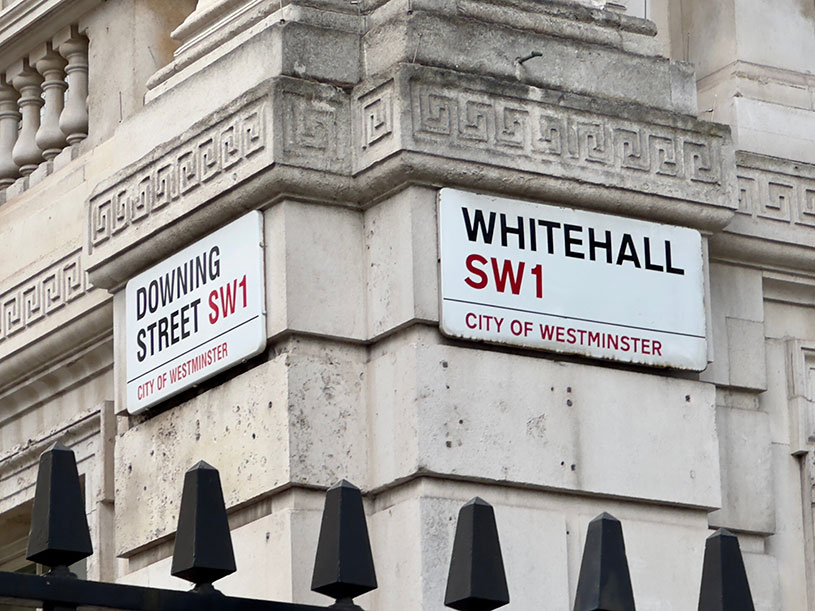Sweeping cuts to business bureaucracy could save UK firms nearly £6bn a year, according to new plans set out by Chancellor Rachel Reeves.
At a regional investment summit, Rachel Reeves revealed reforms to help reduce the admin burden and cut ‘red tape’ for businesses.
The chancellor said she hopes this will “drive economic growth” and “boost productivity”.
A ‘blitz on business bureaucracy’
In what the government has called a ‘blitz on business bureaucracy’, the measures could help thousands of businesses by the end of this parliamentary term.
Measures include scrapping a rule for directors of small firms to file a directors’ report with Companies House and simplifying corporate reporting rules.
Over 100,000 firms are said to qualify for simpler reporting, from micro breweries to small family-run cafes.
Other reforms include introducing digital planning checks to help businesses save time and money on local building projects.
A change in thresholds for corporate reporting means “lighter-touch requirements” for up to 44,000 medium-sized private companies and around 7,000 subsidiary companies who will no longer be required to produce Strategic Reports.
It’s hoped these new requirements will save companies with employees around 200 hours on admin a year, on average.
‘Boost jobs and grow the economy’
These changes are part of the wider government ambition to cut admin for businesses by a quarter by the end of this parliament.
Commenting on the cuts to regulation, Business and Trade Secretary Peter Kyle said: “A central part of our Industrial Strategy is slashing needless red tape that blocks business growth.
“We are backing Britain, backing British businesses to thrive and grow and as part of our Plan for Change, these changes will boost jobs and grow the economy right across the country.”
‘Freeing up businesses to invest’
Jane Gratton, Deputy Director of Public Policy at the British Chambers of Commerce, said: “Plans to cut the cost of regulation will be welcomed by businesses.
“The burden of unnecessary red tape and bureaucracy ramps up their costs and damages competitiveness. Now is the time to boost growth, and changes like this can help. Firms will need to be consulted to ensure any initiatives have maximum impact.
“The focus must be on freeing up businesses to invest. This includes speeding up infrastructure development, reducing delays in the planning system, and maximising the impact of technology.
According to the latest Simply Business SME Insights Report, 74 per cent of business owners are set to increase their prices in the next 12 months. And we know for many, the increase to employer National Insurance contributions and minimum wage back in April has put extra strain on small firms.
A reform to reporting and regulation is likely to be welcomed by many businesses, but with further tax changes on the horizon, all eyes will be on November’s Autumn Budget.
A timeline for when these new measures will come into effect hasn’t been announced. But we do know that these reforms are part of the government’s wider commitment to reduce administrative burden by the end of this parliamentary term, which can be no later than August 2029.
Ready to set up your cover?
As one of the UK’s biggest business insurance providers, we specialise in public liability insurance and protect more trades than anybody else. Why not take a look now and build a quick, tailored quote?
